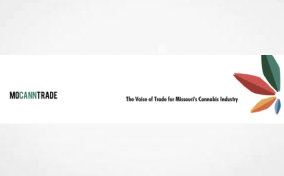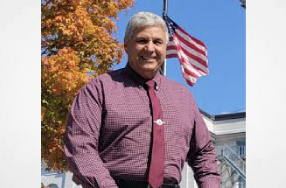October 29, 2024
Rare Earth Global—a UK-based startup on a mission to simplify access to industrial hemp products for feed, construction, and energy—has raised a £1 million ($1.3 million) pre-seed round to expand its platform.
The round was led by a UK-based family office and includes contributions from an impact fund, angel investors, and some non-dilutive funding.
Founded by Jamie Lewis (CEO), Suneet Shivaprasad (COO/CTO) and Stephen Wong (CFO) in 2019, Rare Earth Global emerged from a consultancy project to explore how to bring in extra revenue from developing industrial hemp (Cannabis sativa plants with less than 0.3% of the psychoactive compound THC) in the Caribbean, Shivaprasad explained to AgFunderNews.
“One of the things that came out of that project was that South American growers we were in touch with were telling us all about the deforestation linked to soy being grown there for animal feed and saying look, with the hemp we’re growing, we should be doing that [growing hemp for animal feed] instead.”
Using the whole crop
Hemp’s rapid growth, low-chemical inputs, ability to sequester carbon, soil health benefits, and versatility make it a more climate-resilient crop than soy, he says. And using it in anything from animal feed to lightweight construction materials could help firms reduce scope 3 emissions.
But for Rare Earth to add value, he adds, “We have to do two things. One, find customers that really want to buy hemp products. And two, make sure the supply is there. On the customer side, it’s about developing sustainable hemp products and providing information on traceability, lifecycle analysis and quality for customers who may be using hemp for the first time.
“And on the hemp farmer side, they need a profitable crop. Right now, there is a certain amount of hemp being grown, but it’s not anywhere near commodity scale. And part of that is ensuring there are customers willing to buy and then getting the unit economics to work.”
As for building markets in animal feed, he says, “We went through feasibility studies and got initial funding from the UK government to test whether hemp [seeds, which are high in protein] could replace soy in salmon feed.
“And then we got some match funding from Mowi, the world’s largest producer of farm-raised Atlantic salmon and we ran studies for two years, which showed we have as good a product as soy, if not better, as far as performance is concerned. Then we did a full lifecycle study that shows a significant carbon footprint reduction [vs soy] from using hemp.”
The most obvious end market for hemp stalks, meanwhile, is “hempcrete,” a mixture of hemp stalks and lime used as a lightweight insulating material, says Shivaprasad, who is part of a working group comprising some of the largest construction companies globally who are interested in the product.
“Our basic focus is making full use of the whole plant: seed for feed and stalks for construction. And based on lifecycle analyses, we might also be able to provide carbon credits as well [as hempcrete acts as a carbon sink].”
“The aquaculture sector is our beachhead for the seed. Any waste left over from processing the stalk for construction, can be used for bioenergy pellets, which is a product that is ready today. We have annual demand for 10,000s of tons of those pellets from several end customers. This ensures a zero waste approach and maximum near term impact.” Suneet Shivaprasad, Rare Earth Global

Rare Earth Global raises $1.3m to expand access to industrial hemp products


















